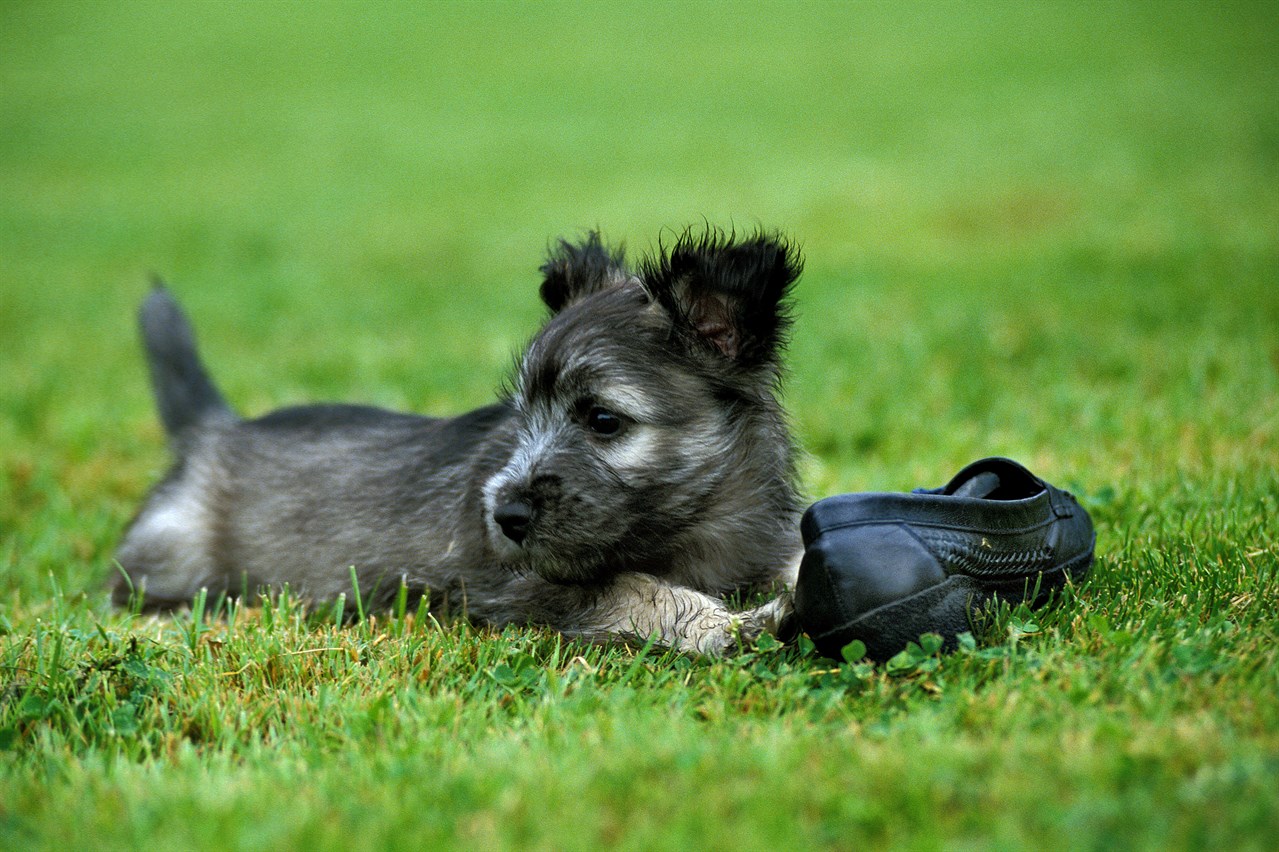Common Health Issues of the Skye Terrier

Skye Terriers are generally a healthy breed, but like all dogs, they can be prone to certain health issues. Being aware of these common health concerns can help you provide proper care and early intervention if needed. Some of the health issues that Skye Terriers may be susceptible to include.
Hip Dysplasia
Hip dysplasia is a genetic condition where the hip joint doesn't develop correctly, leading to joint problems, pain, and lameness. Responsible breeding practises can help reduce the risk of hip dysplasia in Skye Terriers.
Autoimmune Disorders
Some Skye Terriers may be predisposed to autoimmune disorders, where the immune system mistakenly attacks healthy tissues. These conditions can manifest as skin problems, joint issues, or organ dysfunction.
Allergies
Skye Terriers can be prone to allergies, including environmental allergies (such as pollen) and food allergies. Allergic reactions can result in skin irritation, itching, and gastrointestinal problems.
Eye Issues
Skye Terriers are susceptible to various eye conditions, including cataracts, retinal problems, and glaucoma. Regular eye exams by a veterinarian can help detect and manage these issues.
Hypothyroidism
Hypothyroidism is a common endocrine disorder in dogs, including Skye Terriers. It occurs when the thyroid gland doesn't produce enough thyroid hormones, leading to symptoms like weight gain, lethargy, and skin problems.
Patellar Luxation
This condition involves the dislocation of the kneecap (patella), which can lead to lameness and pain. Skye Terriers may be prone to patellar luxation due to their leg structure.
Intervertebral Disc Disease (IVDD)
IVDD is a spinal condition that can affect Skye Terriers. It involves the deterioration of the discs between the vertebrae, potentially causing back pain and mobility issues.
Lymphoma
Skye Terriers may have a slightly increased risk of lymphoma, a type of cancer that affects the lymphatic system. Early detection and prompt treatment are crucial for managing this condition.
Are Skye Terriers Hypoallergenic?
Skye Terriers are not considered hypoallergenic. They have a double coat that sheds moderately, which can release allergenic dander into the environment. While no dog breed is entirely hypoallergenic, some breeds are better suited for individuals with allergies due to their minimal shedding and lower dander production.
If you have allergies but are considering bringing a Skye Terrier into your home, it's essential to spend time around the breed to gauge your reaction and consult with an allergist. Regular grooming and cleaning can also help reduce allergens in the home, making it more comfortable for allergy sufferers to live with a Skye Terrier.
Skye Terrier puppies for sale
- Find Skye Terrier puppies for sale in ACT
- Find Skye Terrier puppies for sale in NSW
- Find Skye Terrier puppies for sale in NT
- Find Skye Terrier puppies for sale in QLD
- Find Skye Terrier puppies for sale in SA
- Find Skye Terrier puppies for sale in TAS
- Find Skye Terrier puppies for sale in VIC
- Find Skye Terrier puppies for sale in WA